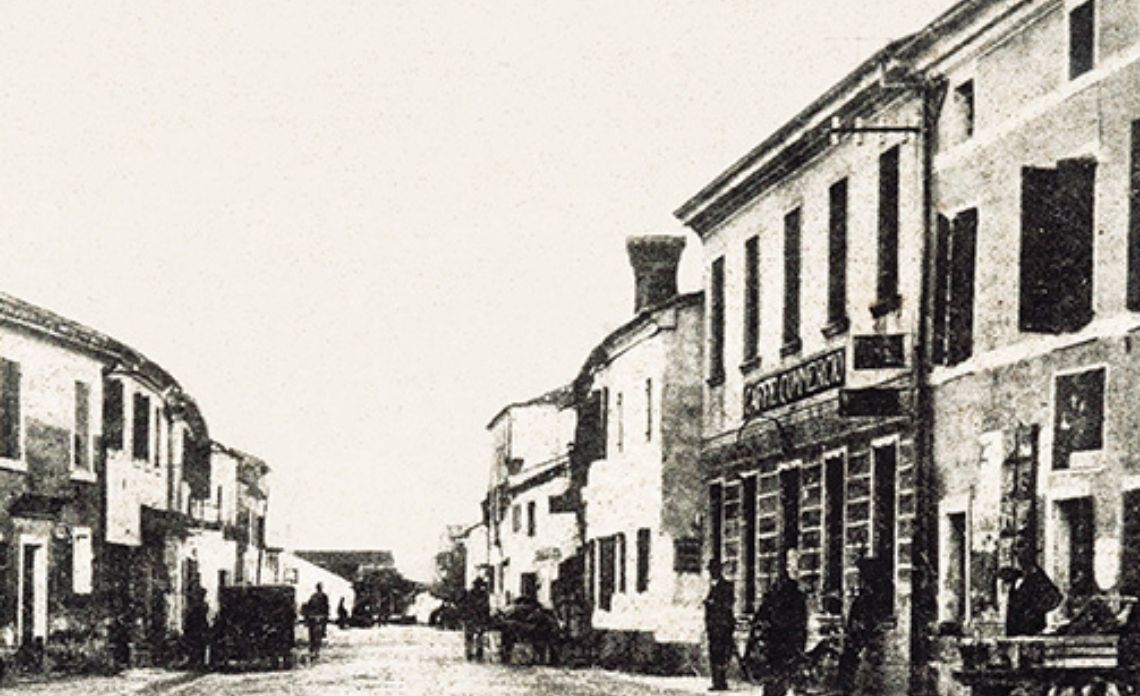At the beginning of the 20th Century in Tombolo, a small village near Padua, the family of Cesare Pavin used to lead the Caffè Commercio. Beside Cesare also his wife Elisa was employed in the family business. They had two sons: Raffaele and Luigi. In the Caffè Commercio they used to serve to their customers, beside wine and spirits, also coffee. This drink was very appreciated by the customers and in a few years it became the main beverage served inside. Unfortunately at the age of 32, during a trip to buy merchandise for Caffè Commercio, Cesare died in a car accident. This disgrace did not affect the family’s desire to continue the business so dear to Cesare, and therefore Elisa, continued to manage the Caffè Commercio. In 1949, Raffaele and Luigi decided to buy raw coffee beans, to mix and to roast them. After various tests they created a perfect blend with unmistakable taste.
In a few years the coffee served at Caffè Commercio became the best in the surroundings and it started to attract lots of customers from eveywhere. The coffee of the Pavin brothers spread all around and was increasingly demanded. It was initially roasted with a small 20 kg manual roaster and was sold by Luigi who delivered to customers, with his bicycle, small packages of Pavin Caffè. Soon the bicycle was replaced by a car and the delivery of coffee was done by a Fiat Topolino 500 C. From this moment, the growth of Pavin Caffè and the acquisition of new market became continuous. During the 60’s and 70’s, beside the professional market of cafeterias and restaurants, sales were developed at stores that sold coffee to consumers for the home preparation with traditional Moka. During the 80’s and 90’s, the market was mainly represented by cafeterias and restaurants as Pavin Caffè had decided to remain focused on the high-quality professional market rather than mass sales that were gradually developing in the supermarkets. At the beginning of the last decade, the third generation entered the company with a strong desire for innovation based mainly on the target to open new business relationships with foreign countries. The reason for this choice was the awareness that foreign markets represented a great opportunity for food and beverage products made in Italy. Beside, there are also personal motivations linked to a strong openness and interest in different worlds and cultures. This attitude was a specific characteristic of the territory in which the company has its roots. Where foreign trade was a strong element both in economic development and cultural enrichment since the beginning of the last century in the area.


